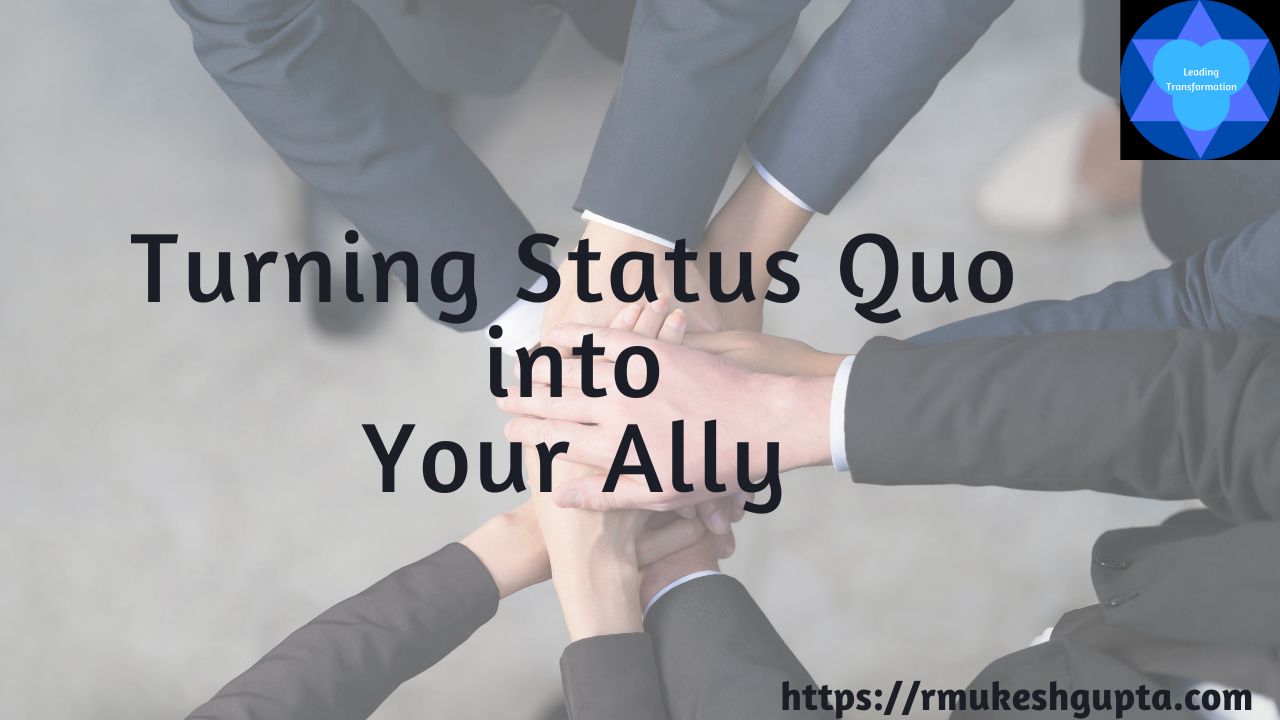Do we still need policies
I do a lot of travel as part of my work and one of the side-effects of this kind of travel is for us to submit our expenses to get the expenses reimbursed. One of these expense request got rejected with the reason that this is not according to policy and if I need to get the same approved, I need an approval from my CFO as an exception approval. I wrote to the CFO and he approved the request as it was a valid expense that I had incurred for a business reason.
This made me think about the so many policies that we create and enforce on our employees and customers all the time. I know for sure that not many people read all the policies of their organisations. I certainly dont.
Do they make sense? What kind of behaviour do they encourage? Why do we have these policies and why so many of them?
I think policies are made in good faith and with the right intentions. We have seen from various research that, we humans are emotional beings and act irrationally in predictable ways, as Dan Ariely and other researchers have proved so many times. So, policies are written so that someone, in the organisation knows what is right, what is allowed and what practices are acceptable and more importantly, what is not acceptable.
These policies make it easier to bring in a semblance of order and also create a sense of fair treatment to all who are equal. But rarely, do two circumstances are similar in nature and if most employees do not know all the different policies, do these really help. Also, I know that most of the times, people do not follow policies and exception approvals are never exceptions. So, what could be a better alternative?
A good combination – Policies & Guidelines:
I think what would be a better way to achieve our goals with policies is to have a mix of policies and guidelines.
Some starting points to think about policies:
- Policies should be about what is definitely not acceptable (either due to the law of the land or due to the culture that we want to set in our organisation).
- Policies should not be longer than one page in length.
- Everyone in the organisation should know about these policies.
- Exception approvals for policy breaches should be rare and only in extra-ordinary circumstances.
Some starting points to think about guidelines. For everything else, that depends on the judgement of the people in a given situation:
- Create guidelines for everything else & keep them simple to understand and easy to implement.
- Guidelines could show the way and let the employee or the customer make a judgement call on whether to follow the guideline or deviate from it.
- Just like we have tolerance limits in manufacturing projects, we could have tolerance limits for most guidelines and only when someone goes above and beyond the thresholds, do we request for an exception approval.
- Empower the people who are the gatekeepers to understand the relevance of these guidelines and the power to take a judgement call if a specific instance is fine or if it requires exception approval.
These are potential starting point for the teams to sit down and discuss and decide in which areas of business do we need policies and in which areas of business do we need guidelines.
There are already a lot of organisations that have done away with most of their policies and expect their employees to own up the situation and expect them to do what they think is right in that specific context.
Simple yet Profound:
This might seem like a trivial thing that doesn’t deserve a lot of thought by the business leaders and is best delegated to the HR function. But small little detail plays a significant role when we are in an environment, where change is all around and we are trying not only to cope up with the change but also in some sense trying to bring about this change.
This little detail has the potential to either hold your employees or customers to the ground or allow them to be entrepreneurial, take risks and do what is needed to be done in a given situation without having to constantly check back with their managers or the gatekeepers.
This is the small little step that signals employees that it is ok for them to bring their full adult selves, along with their judgement, creativity, entrepreneurial spirit and trust that their organisations have their back as long as they do what is in the best interest of their customers/business.
It is these simple things that build one on the other and build the culture of being entrepreneurial and taking ownership for our part of the business. It is these simple things that form the seeds for creating organisational agility, that is so precious in a time that we live in.
Its the simple things that make a profound impact on our businesses.
A small request:
If you liked what you read/heard, I would request you to head over to my patreon page and become a patron for the blog. You could do so by contributing anywhere from a single dollar to about 1000 USD depending upon how much you like the blog/show.
Think of it like the following – I will bring thought leaders to your door step and in return all I am asking is for you to spend just enough to get a cup of coffee for the expert that is in your home.
I would like to keep this podcast ad-free and need your support regarding the same. You can also find some very interesting artists whom you can also contribute for. I myself support James Victore as a patron. If you are an artist yourself, consider becoming a patron for James as well.




